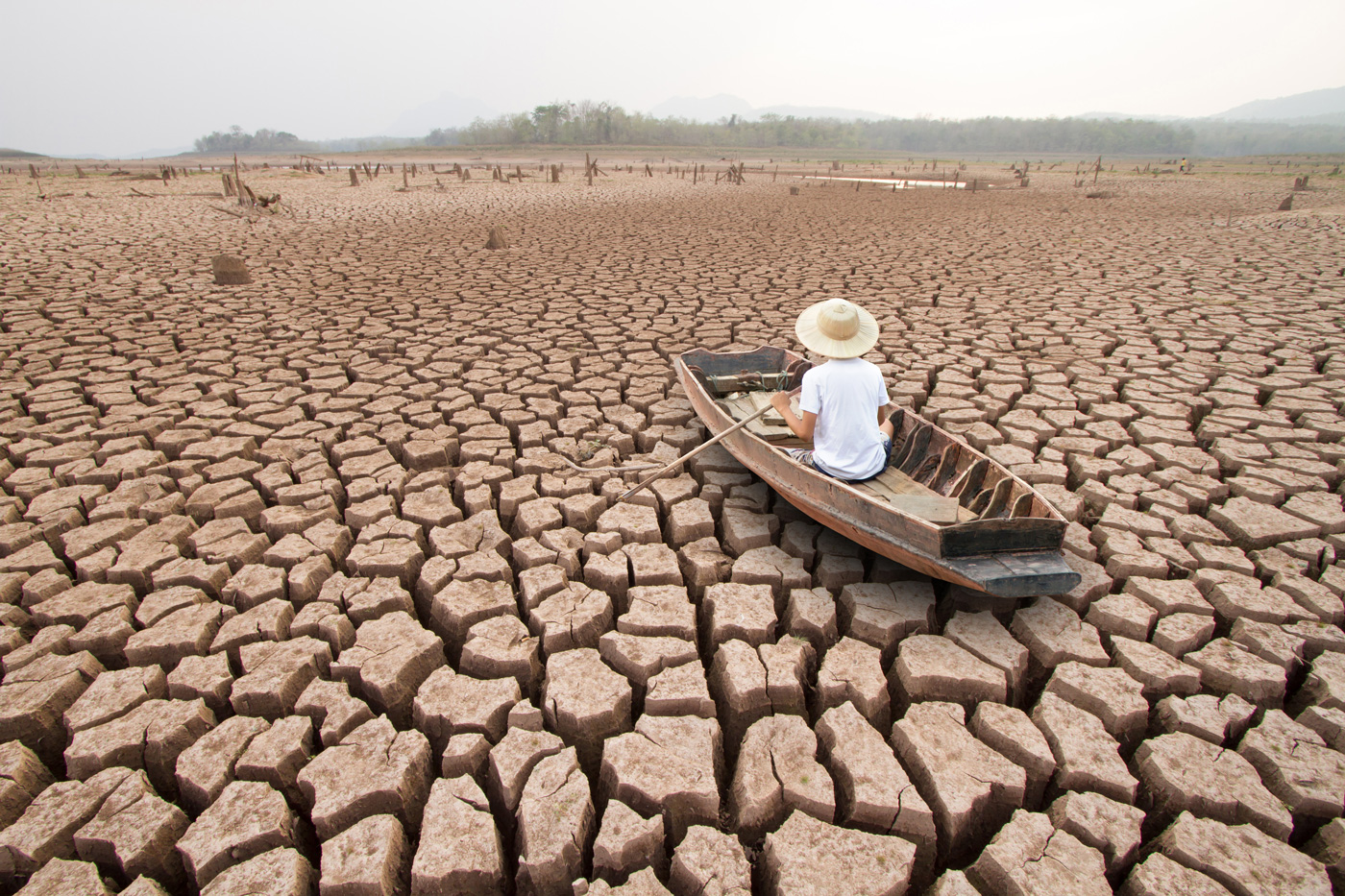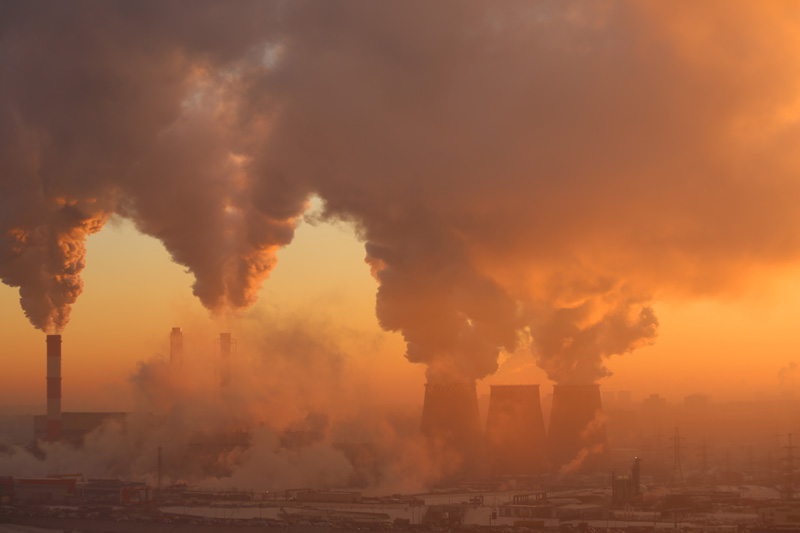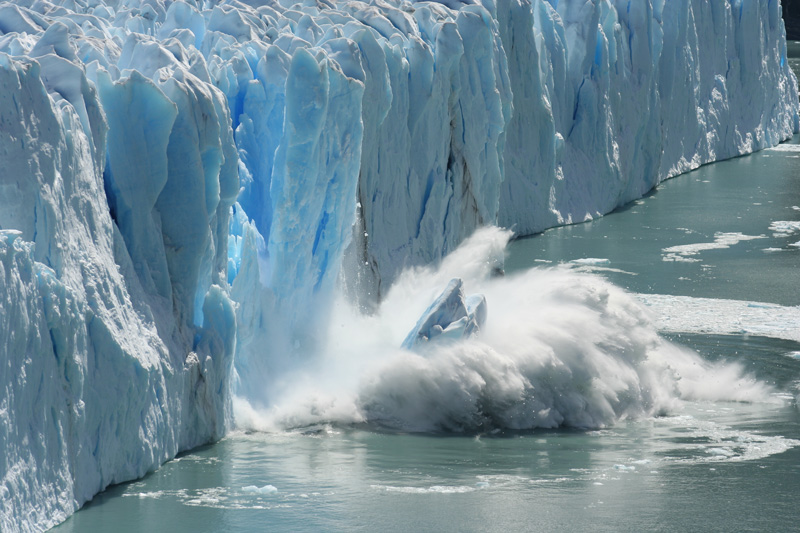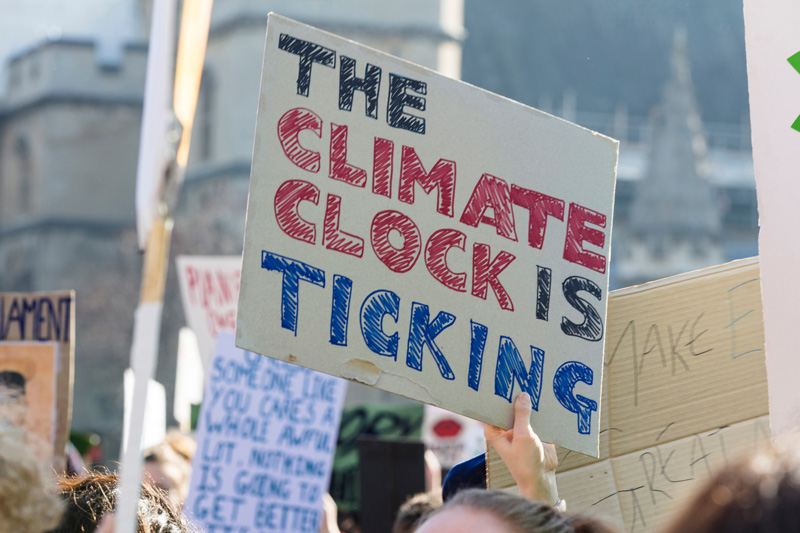What is climate change?
The term ‘climate change’ refers to a long-term change in our planet’s average climate. Although Earth’s climate has been changing throughout history, in recent times there has been a sharp increase in average temperatures. Increased temperatures result in a range of serious environmental consequences, as well as extreme weather conditions, and all the indications are that the average temperature is continuing to rise.
What is the evidence that climate change is happening?
While detailed weather records are only available for recent centuries, an analysis of weather trends during that period shows the extent to which the Earth is warming up. Scientific analysis can also be used to accurately estimate average temperatures long before this as well. The recent warming has been dramatic: the average temperature of the Earth’s surface has increased by about 0.85°C over the last century. Recent trends have been even more dramatic. In fact, 13 of the 14 warmest years on records occurred in the 21st century, and as ice melts this is causing an increase in sea levels.
The International Panel on Climate Change outlines major pieces of evidence that show that climate change is happening:
- There has been an unprecedented increase in the amount of carbon dioxide and other greenhouse gases since the beginning of the Industrial Revolution – gases which absorb heat in the atmosphere.
- The increase in global temperature of 0.85°C which occurred over the last century coincided with a sea level rise of 20cm.
- Major changes in the Earth’s climate system have occurred over the same time period including reductions in sea ice in the Arctic, reduced snowfall and retreating glaciers on all continents.
- There has been a sharp increase in extreme weather events across the world. Some parts of the planet have become much wetter, while others have become much drier.




